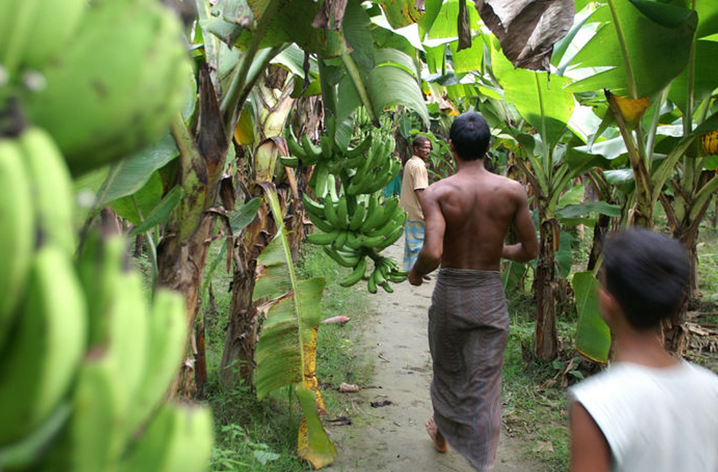New methods to efficiently monitor Panama disease, also known as Fusarium wilt, caused by Fusarium species in bananaswere developed during the PhD research of Fernando Garcia-Bastidas at Wageningen University and Research. These new methods and trials enabled a close monitoring of the international and intercontinental dissemination of the so-called Tropical Race 4 (TR4) strain of Fusarium odoratissimum, a new species originating from Indonesia that devastates banana plantations of Cavendish as well as many other local varieties around the world.
Fernando Garcia-Bastidas defended his dissertation entitled ‘Panama disease in banana: Spread, screens and genes’ on March 19, 2019 at Wageningen University. The thesis describes the developing pandemic of a Fusarium species, which causes Panama disease in banana. He focused his research on the genetic diversity for resistance towards a panel of Fusarium strains representing global pathogenic diversity and aspects of the molecular interaction between the fungus and the host.
The thesis further explores the resistance to TR4 in a wide panel of banana accessions and the possible use of a resistance gene from a wild banana ancestor by genetically transforming Cavendish bananas, thereby providing a potential solution for sustainable disease management. Lasting disease management, however, relies on genetic diversity and the research described in this thesis is the basis for developing such new varieties.
For more information, see this page.

